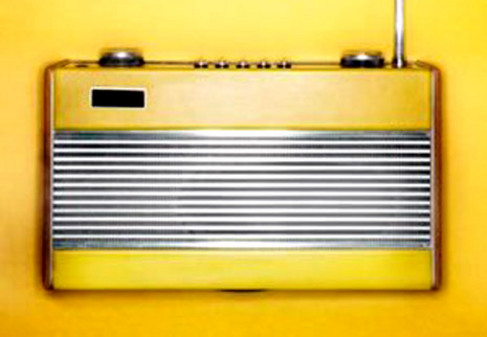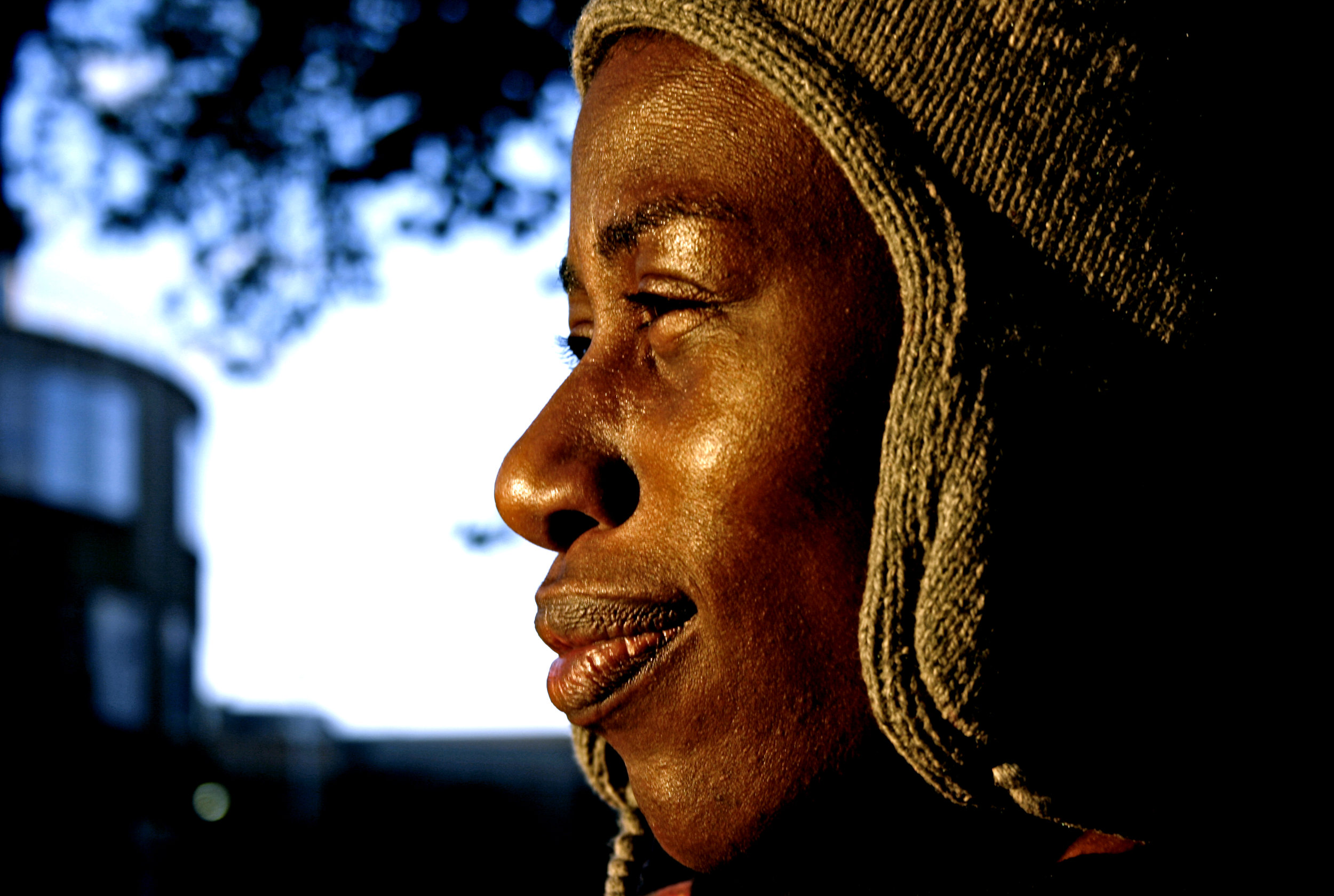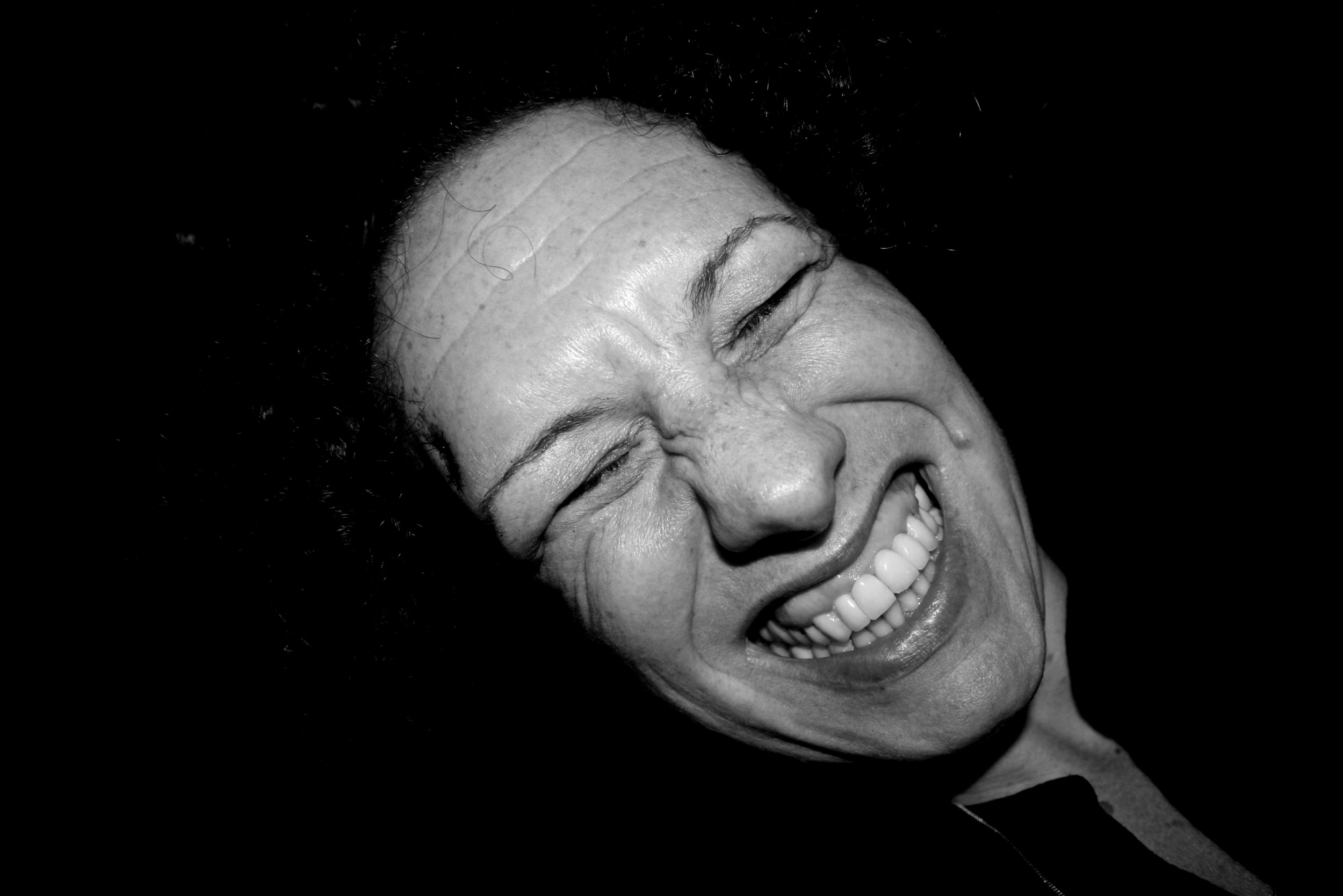 It's my friend Salena who pointed out the irony that on Margaret Thatcher's 85th birthday the Chilean miner's are finally being rescued after their underground ordeal. Amongst other things Thatcher pretty much had it in for the miners and the trade union movement as a whole.
It's my friend Salena who pointed out the irony that on Margaret Thatcher's 85th birthday the Chilean miner's are finally being rescued after their underground ordeal. Amongst other things Thatcher pretty much had it in for the miners and the trade union movement as a whole.
Here in the UK we are awaiting the announcement of some of the worst public service cuts in living history. Claire Rayner was a broadcaster, journalist and campaigner. A day before her recent death she announced that she wanted her last words to be "Tell David Cameron that if he screws up my beloved NHS I'll come back and bloody haunt him."
My friend, Georgiana Orwell, sent me this about the forthcoming cuts and it's sobering and vital reading.
On October 3rd 2010 the Guardian headline was, 'Osbourne: cuts must be fast and deep to avoid a decade of debt.' The second paragraph read, 'the chancellor will announce that every Whitehall department will have its head office staff cut by a third, promise to give the armed forces the tools to finish the job, and dismiss Britain’s public service structure as designed for the 1950s'.
The final sentence made me feel numb. At the Fairness Commission meeting on Andover Estate it became evident that people within north Islington are surviving a political system. One pensioner John stated, 'today is September 7th, now that might not mean a lot to you, but it does to us, this is the day the blitz started and when we began fighting an enemy. Now the enemy is our own government and they want to wipe us out by wiping out the welfare state'. In light of what is about to happen, John had made a visionary if apocalyptic statement.
John went on to talk about how pensioners could not afford to shop in their local groceries for products such as milk because it was too expensive. Then there was the issue of rising fuel costs which according to Help the Aged is leading to many pensioners choosing not to heat their homes because they cannot afford it.
Yesterday I met an ex-neighbour, a pensioner who served during the war, his wife, since I last saw them, has had two hip operations, and he will soon have a knee operation leaving him immobile. He is anxious, because, as the only carer he will not be able to shop, drive or take care of her whilst his knee heals.
Daily living details such as these are significant. When elders cannot afford a pint of milk, cannot afford rising fuel costs, are afraid they cannot take care of themselves. My ex-neighbour looked disheveled and tired but he still kept up his cheery disposition. He is of the generation who did their bit. He and other pensioners served in the war, they built the public service system and surely they deserve much better then having their pensions taxed, cut or having to rely on handouts. Surely they ought to be able to afford to buy a pint of milk from their local grocery, heat their homes, and not feel afraid of being alone.
Many pensioners feel left out of the political debates now taking place, because they, unlike younger generations do not have easy access to the internet. Added to that are the issues of mobility and health, consequently many feel that their voices and their concerns are not central. It is important to remember that pensioners as much as the younger generation are our future.
Remember what John said, 'today is September 7th, now that might not mean a lot to you, but it does to us, this is the day the blitz started and when we began fighting an enemy. Now the enemy is our own government and they want to wipe us out by wiping out the welfare state'. Within that statement is a wealth of history, our history, the history of our parents and grandparents, and a sense of hope for a greater future for all.
What has happened to lead us here is the responsibility of consecutive governments. There are some bald facts; the banks have acted irresponsibly to the fortune of £850 billion pounds, again to the cost of tax payers, which prompted the Queen to ask why government didn't notice what was happening. Margaret Thatcher did her bit by killing trade unions and bringing in privatisation. A school in Islington had to pay £9,000 by a private company for a door to be fixed a job that ought to have cost £400.
According to Gordon Brown and Nick Clegg £150 billion worth of tax has disappeared at a cost to pensions. There are other facts but the word 'disappeared' isn't good enough when describing the mis-management of money. As a researcher I know that if they wanted to find out what happened to the money they would. Disappeared is not part of the vocabulary of smart men who are part of government. Disappeared is part of the vocabulary of dishonest smart men who are part of government.
And who will pay for the disappearing money act? Pensioners, nurses, teachers, fire-fighters, police to name a few of those who serve or who have served their communities and their country at a wage that doesn't match the bankers, politicians or celebrities but who carry out invaluable work. The political system is failing us all. The real meaning of the word politic, 'for the people' is lost on the new generation of careerists whose vision favours an American style system that has failed its citizens. It is shortsighted and apocalyptic.
The government is now far removed from the people, visiting communities only when there is an election. It's time to talk and listen to the people. At the Andover Estate meeting people had solid ideas which if put into action would create mass employment within new and expanding areas of industry. Those who live and work in their communities can best advise government on how to serve them.
Hubert H Humphrey stated, 'the moral test of government is how that government treats those who are in the dawn of life, the children; those who are in the twilight of life, the elderly; those who are in the shadows of life; the sick, the needy and the handicapped'. Osbourne, before the cuts was described as a hawk with neo-con values who wanted to end the welfare system. In that knowledge does his arguments hold weight? It is time for some serious debates, abut government, the real cost of banking, those we vote into power, and the value of our vote and collective strike action. The welfare state was built over a number of years and it is about to be dismantled with the sweep of a pen and so too the lives of many.
What can we do? Join your local group. There are groups in every region. Begin protesting. We don't have to start protesting on the day Osbourne announces the cuts. We have to start protesting now.
Lobby your MP. Write to let her or him know that you vote no confidence in the new government.
Support the strikers. The tube strikes are happening to stop the loss of 800 jobs. As Londoners we cannot afford the loss of jobs. The loss will lead to more delays on travel routes that are already congested. Such cuts will lead to more problems and errors.
Post offices job losses. The privatisation of post-offices will mean varying regional prices for stamps. Rural areas will have a differing price to cities and the company will decide that price. The Royal Mail has been delivering mail efficiently for 150 years at the same cost to everyone. Privatisation will mean the loss of jobs and differing regional and area pricing.
NHS. Nurses and doctors are warning the government's scheme to massively change the health service is a risk to the future of the NHS. They've called the plans "slash and burn" and said they're a "£80bn gamble with no evidence base or electoral mandate".
The government hopes it will be able to slip these plans through on the quiet.
When government and politics has failed us, and politicians are a part of the problem, striking is a tool that illustrates to government the power of the people. Striking gives us a voice and reminds government that they are in power to serve the people. It is a legitimate and peaceful form of political action.
With that in mind start your own strike. The only power government admires and fears is economic power. Each person that has used the NHS, has gone to school, has had help from the fire-services, the police, or any public service body about to be cut, support them by going on strike.
The poet in me sees the Chilean miner's endurance and rescue as a metaphor, in both political and emotional terms. Men stood together in solidarity underground and then finally reached the surface to come home at last.
 I have always loved radio and over the past year I have been lucky enough to be invited to appear on quite a few different stations. In a moment of crazed enthusiasm I put a Facebook status up that I would really like my own radio show. Jude Cowan replied and now we are both co-hosts of a new radio program 'The Conversational' and friends too. I could not have wished for more.
I have always loved radio and over the past year I have been lucky enough to be invited to appear on quite a few different stations. In a moment of crazed enthusiasm I put a Facebook status up that I would really like my own radio show. Jude Cowan replied and now we are both co-hosts of a new radio program 'The Conversational' and friends too. I could not have wished for more.









